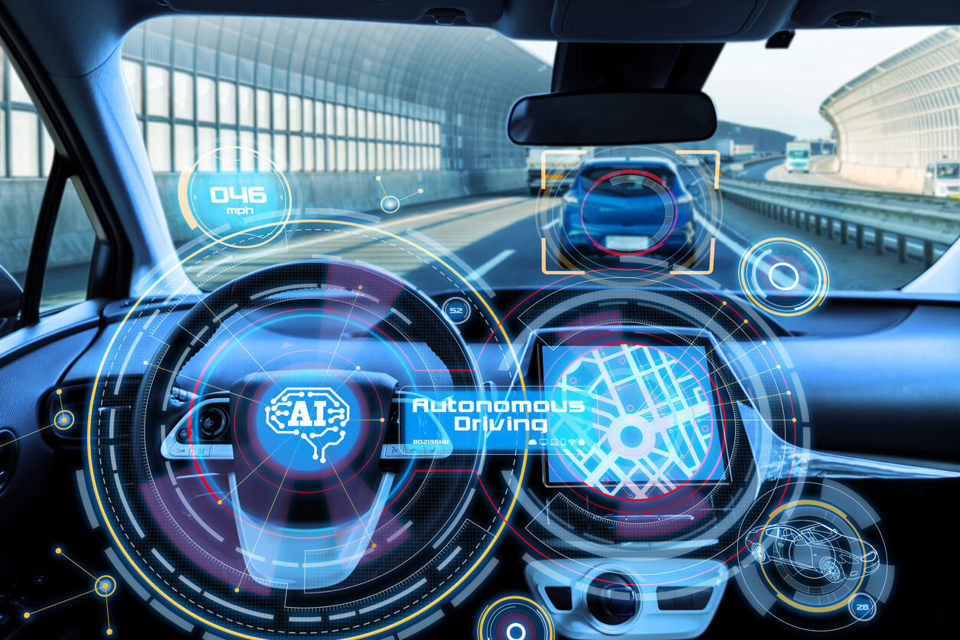Improved car safety and the advent of driverless cars could force motor insurers to move away from their traditional customer base, says a Standard & Poor's Ratings Services report.
The report says safety features such as automatic braking, lane departure warnings, electronic stability control, airbags and active head restraints have caused a dramatic reduction in the number of deaths as a result of car accidents in recent decades.
The same downward trend is also present in the number of pedestrian deaths in road traffic accidents.
Standard & Poor's found a decline in both the frequency of claims and the severity of notified claims, as a result of crash impact technology improving outcomes, will significantly reduce the cost of claims to the motor insurers, which would likely trigger a fall in premium rates.
In the longer term, it found it is possible that many car owners will no longer feel the need to replace a car once driverless cars are available.
Instead, they will sign up for an autonomous car sharing service.
Widespread use of pooled driverless vehicles would substantially reduce the number of insured personal vehicles on the road, while also complicating the liability picture in the event of an accident affecting a driverless car.
The company said as the size of the market shrinks over the next 15 to 20 years, it expects many insurers to seek further diversification in retail lines or move away from their traditional customer
base.


















Edward Handley - 22/01/2016 21:14
If driverless cars are gong to be a good as the developers say they are, why would they need insurance? Under the current law the driver has to be insured to drive the vehicle, and the driver is going to be a computer. The interesting question is where is that computer going to be? There will be a computer in the vehicle of course, but that will be linked to other computers which provide mapping, GPS location, traffic and weather updates and goodness knows what other data. In the event of a collision with another driverless car the guilty party could be a server in a bunker somehere - London, or Manila, or Ulan Bator for all the occupant knows. Even worse, several servers may be involved, and responsibility for vehicle control may be switching between them in microseconds. The lawyers will have a field day.